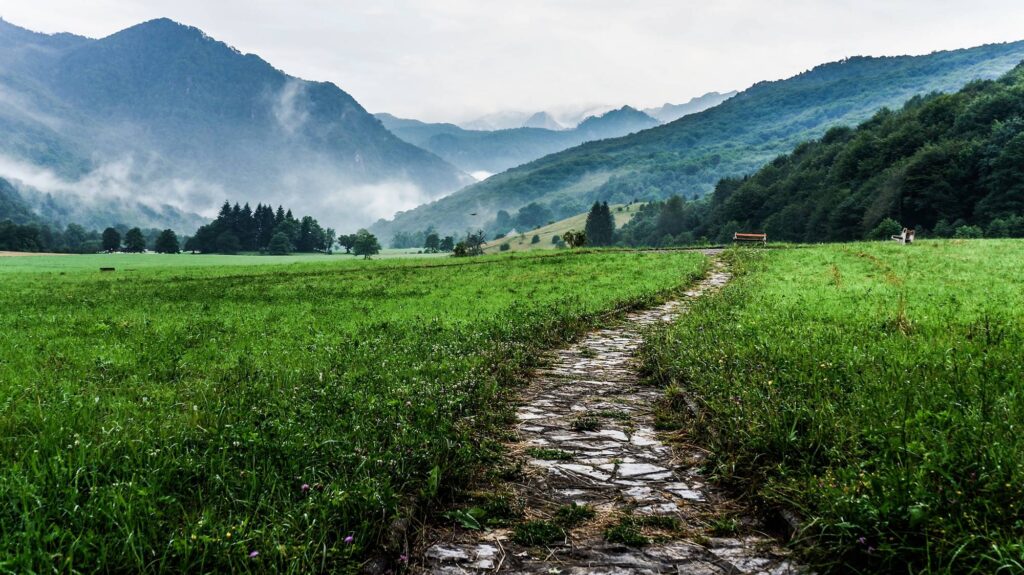Book Update #5 – Values Chapter
In book one of my guidebook series, I am writing about how we can cultivate our intellectual, ethical, and emotional resources to embrace ecological limits and advance the transition towards sustainable and democratic societies.
This latest writing update is an excerpt that discusses some of the ideas I’m exploring in a chapter on ethics and values.
In this chapter I explore the kind of value system that a supporter of an ecological transition might possess. Based on that exploration, I suggest that we should consciously commit to two kinds of goals: personal life goals and civic goals.
I suggest that our personal life goals should be to “lead an examined life and pursue long-term well-being for ourselves and our loved ones within ecological and social limits.”
I suggest that our civic goals should be to “create ecologically sustainable, functionally democratic, and secure societies.”
Having provided that context, here is an excerpt from the chapter in which I briefly reference my own experience of finding purpose in these goals:
One of the crises this book seeks to address is the feeling that our life lacks purpose or meaning. I believe that pursuing these personal life and civic goals, particularly in combination, helps those of us who experience this feeling.
Researchers currently believe that three factors in particular lead to the sense that we are living a meaningful life: coherence (feeling that we can make sense of our experiences), purpose (feeling that we are guided by valued goals), and significance (feeling that our existence matters). The goals suggested above support each of these factors. Leading an examined life promotes coherence by prompting us to notice, explore, and learn from experiences that feel purposeful and significant. Striving for well-being for ourselves and our loved ones means focusing on intrinsically fulfilling values that can become our purpose. These personal life goals help us meet our basic psychological needs of autonomy, competence, and relatedness, which studies of tens of thousands of people have shown to be correlated with our feeling of meaning in life. And pursuing our civic goals can provide a strong sense that our actions matter to a project larger than ourselves, while achieving them would create needs-focused societies in which everyone could more easily find purpose and meaning.
The reason that I began actively learning about the world and working to address the climate crisis is because I was looking for a purpose. I was very fortunate to have supportive family members whose love filled my life with significant meaning, but I still needed a project to which I could fully commit myself. I have a restless mind that would frequently ask what I was doing with my life. When I heard someone speak about how severe climate change would become and that not enough people were working to address it, I realized that it could be my project. My contributions were needed. Since then, the goals I suggested above have become my purpose.
Working towards these goals has driven me to learn much more about myself and the world than I likely would have without them. I regularly explore fascinating ideas and look for lessons I can use to help society to save itself. I have chosen my own course of study and civic action (autonomy), synthesized the lessons I’ve found and honed my ability to communicate this picture to others (competence), and along the way met great people who share my drive to create a better world (relatedness). I have found immense purpose in this work, but not because I am sure I’ll achieve these goals. That is unknowable, and some things we’re working towards may never be finished. I pursue this project because I feel it is worthy of the one life I have to spend: it motivates me to grow, it empowers me to eliminate some unnecessary suffering, it teaches me to more fully appreciate what matters, and it allows me to help others develop their own autonomy. It is a worthy challenge, and it answers the questions my restless mind had been asking. Because I have this purpose guiding my actions, I feel like my life makes sense and that I am living it well. I reference these experiences because I hope to share this limitless fountain of purpose with everyone.
This is an excerpt from my ecological transition guidebook series, which is currently being written. If you would like to provide feedback on the full draft when it is ready or be informed of future progress, please subscribe here at freedomsurvival.org.
Check out the previous post, which explores some of the complexities of creating just societies.
